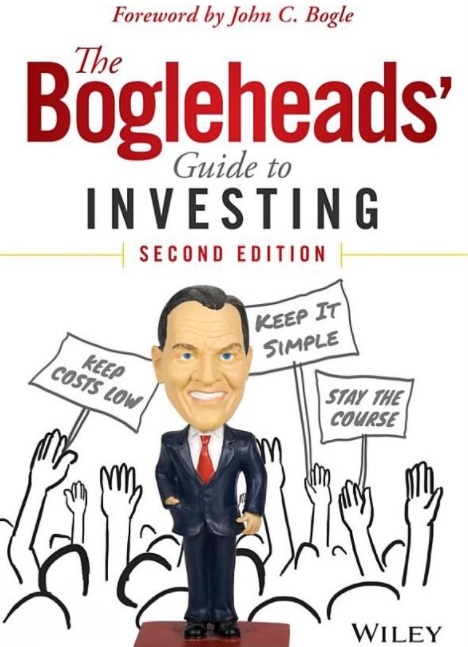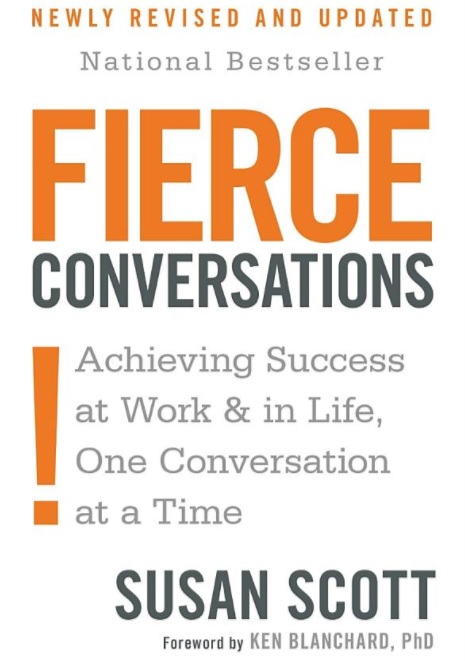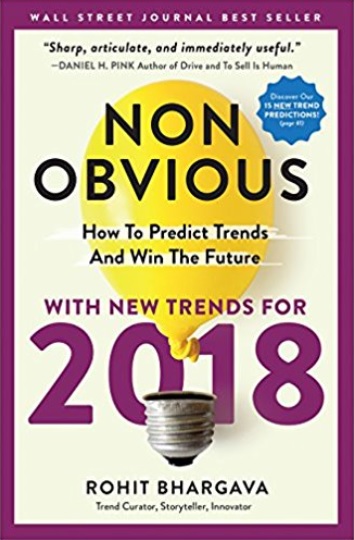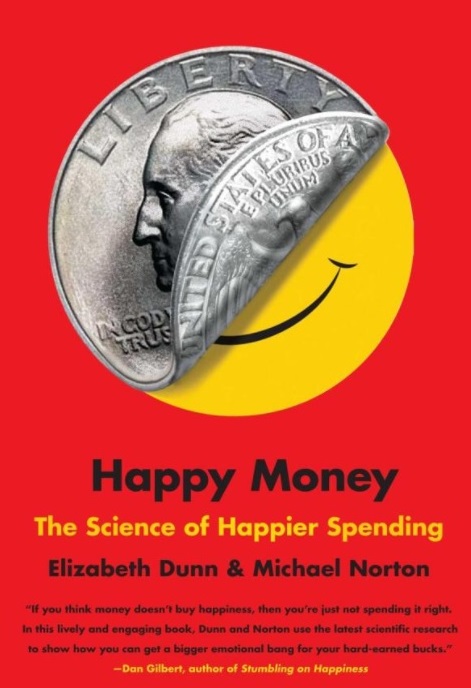- Financial advisors weigh in on what you should read to become more savvy about money and business.
- These picks can help you improve your budget, knowledge of the markets and understanding of the impact of your financial decisions.
Books that can help increase your financial prowess could make a great stocking stuffer this holiday season.
We asked financial advisors what books they recommend to boost your financial acumen and improve your understanding of money and the markets. Here are their picks .
“The Richest Man in Babylon”
This book by George S. Clason, which was originally published in 1926, “holds financial truths that are still applicable today,” said financial advisor Scott Hanson, senior partner at McClain Advisors in Sacramento, California.
The book teaches personal finance lessons through stories. It shows that becoming financially independent is not based on stock picking or market timing, according to Hanson.
“This is a good one for a young person who is trying to figure out how to be financially secure,” Hanson said.
“The Only Investment Guide You’ll Ever Need”
This book by Andrew Tobias is a primer on budgeting, saving, investing in the stock market and more.
“A reader of this book will come away with the wisdom that trying to outsmart the financial markets is a fool’s game,” Hanson said.
The book is suited for “anyone who is concerned about how to best save for the long-term, whether it’s retirement or a newborn’s college savings,” Hanson said.
“The Bogleheads’ Guide to Investing”
This book, along with “The Bogleheads’ Guide to Retirement Planning,” is based on the investment philosophy of John C. Bogle, index fund pioneer and founder of The Vanguard Group.
These books are good for new investors and those who want to strengthen their knowledge of fundamental investing and financial planning strategies, said Roger Ma, founder of lifelaidout.
“The Bogleheads series does a great job of breaking down what the average person needs to know while drowning out extraneous details,” Ma said.
Of course, if you want advice directly from Bogle himself, his book titled “The Little Book of Common Sense Investing” is considered a classic.
“The Opposite of Spoiled: Raising Kids Who Are Grounded, Generous and Smart About Money”
In this book, New York Times columnist Ron Lieber discusses how parents can positively shape their children’s views and behaviors tied to money.
The book also offers practical advice on the right ways to handle everything from cell phone to college expenses to avoid spoiling your children.
“It makes parents take stock of their own values around spending, saving and giving — which can help change their behavior for the better, too,” said Carolyn McClanahan, director of financial planning at Life Planning Partners.
“Fierce Conversations: Achieving Success at Work and in Life One Conversation at a Time”
Susan Scott’s “Fierce Conversations” focuses on how to best get your message across in everyday conversations at home and at work.
Though this book is not about money, it can help you learn to better wade through difficult discussions about finances, McClanahan said.
“It will definitely help in the financial realm for people having issues with money and their spouse/family,” McClanahan said.
“The Go-Giver: A Little Story About a Powerful Business Idea”
This book by Bob Burg and John David Mann tells the story of one young man and a group of successful business professionals he meets. Together, their stories help the young man identify five laws of success.
One key takeaway is how “helping others obtain success opens the door for you to receive gifts that help you to obtain success,” said Zaneilia Harris, president of Harris & Harris Wealth Management Group.
“This reminds you that the more you give, the more you receive,” Harris said.
“The Behavior Gap: Simple Ways to Stop Doing Dumb Things with Money”
People often let their behavior get in the way of smart financial decisions, according to Carl Richards, author of “The Behavior Gap.”
In the book, Richards shows how you the decisions you make could be sabotaging your financial success.
This book is great for getting beginners in the right investing mindset, said Dana Anspach, founder and CEO of Sensible Money in Scottsdale, Arizona.
“It helps you understand how to think about money and investing,” Anspach said. “This book can keep you from making big mistakes.”
“Blueprint to a Billion: 7 Essentials to Achieve Exponential Growth”
This book by David G. Thomson explores the seven things business leaders have done to build billion-dollar companies like Microsoft, Google, Starbucks and Nike.
The lessons can help you work toward exponential growth for your business or yourself.
“Anyone focused on growing an organization would benefit from these blueprint lessons,” said Paul Pagnato, founder and CEO at PagnatoKarp in Reston, Virginia.
“Non-Obvious 2018 Edition: How to Predict Trends and Win the Future”
Rohit Bhargava updates his book annually to reflect today’s trends and what you can learn from them.
The volume highlights everything from 3-D printing to the differences between augmented and virtual realities, according to Barry Glassman, president of Glassman Wealth Services in Vienna, Virginia.
“Non-Obvious is perfect for the curious,” said Glassman, who plans to include it with the books he gives to clients this holiday season.
“Happy Money: The Science of Happier Spending”
Authors Elizabeth Dunn and Michael Norton aim to help you get more satisfaction from your money with their book, “Happy Money.”
The book highlights how following your intuition when it comes to spending is wrong, and why we often get more satisfaction from inexpensive pleasures.
“The book is for anyone with even a bit of money, but is it particularly well suited for those considering retirement and trying to parse desired from needed expenses,” said Russ Hill, CEO of Halbert Hargrove in Long Beach, California.












